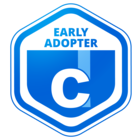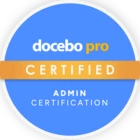I have a customer who is looking to understand how other Docebo users have solved this issue.
Right now there is a sentiment that Docebo does just one thing: compliance. Learners log in once per year to complete their training and then not again until the following year. How have you created that change within the organization to see that the platform can do so much more than that?









